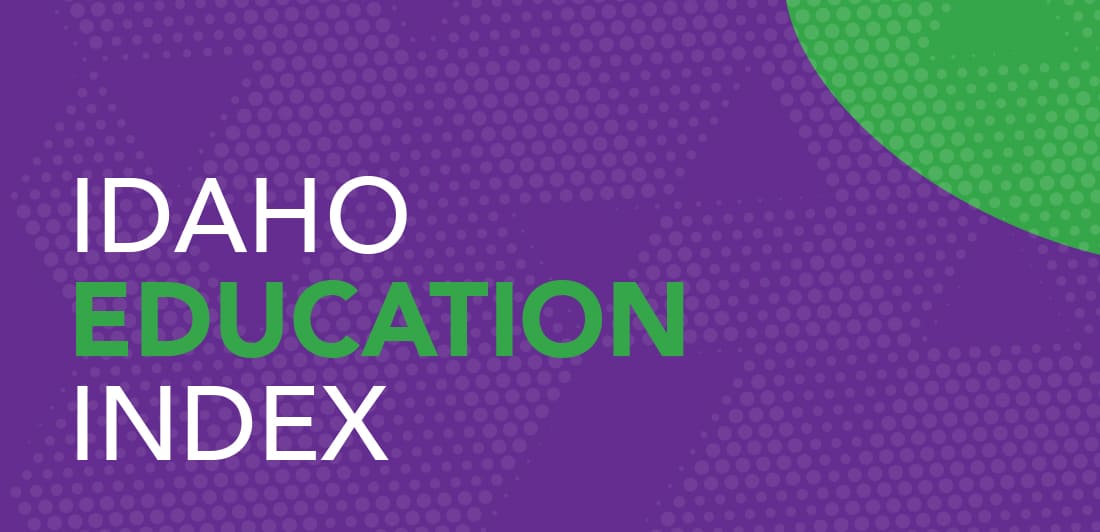


Bill Description: Senate Joint Resolution 102 would repeal Article IX, Section 5 of the Idaho Constitution, a provision known as the Blaine Amendment, which prohibits the Legislature or any other public entity from giving public funds to religious schools.
Rating: +1
Does the bill expand the existing government monopoly on education and shrink family and student choice or agency? (-) Conversely, does the bill expand the ability for families and students to choose the educational options that best meet their needs free of government intervention or coercion? (+)
Analyst’s Note: In Idaho, families can choose from a variety of educational options for their children, including public, charter, private, online, and home schools. Families who pick private options and providers must pay for these choices themselves, however, because Idaho doesn’t allow state education funding to follow children to wherever they get an education.
While Senate Joint Resolution 102 does not in itself expand families’ ability to choose private educational options for their children, it paves the way for school choice programs to be enacted in Idaho. Opponents of school choice programs often claim they violate Idaho’s constitution because families could use state funding to send their kids to religious schools. By repealing the Blaine Amendment, the bill removes this common excuse that stands in the way of school choice.
(0)
Does the bill finance education based on the student rather than the institution? (+) Conversely, does the bill finance education based on an institution or system? (-)
Analyst’s Note: Senate Joint Resolution 102 would not in itself allow funding to follow students to wherever they get an education. It would, though, pave the way for school choice programs in Idaho. Blaine amendments are considered dead law after the U.S. Supreme Court’s decision in Espinoza v. Montana Department of Revenue (2020), but they are still invoked as a reason to oppose letting families use their child’s state education dollars at whatever school they choose. With this excuse removed, families could be empowered to take their child’s state education dollars to the school of their choosing.
(0)
Does the bill reinforce the idea of equal treatment under the law, merit, individual responsibility, personal agency, and expectations of academic excellence? (+) Conversely, does the bill allow for any type of discrimination against, or grant preferential treatment to, any individual or group for any purpose on the basis of race, sex, color, economic class, ethnicity, national origin, geographic area, legacy status, or other identity group? (-)
Senate Joint Resolution 102 would repeal Idaho’s Blaine Amendment, a state constitutional provision that forbids public money from being used by the Legislature or other public entity to support religious (“sectarian”) schools. Blaine amendments are considered dead law because of the U.S. Supreme Court’s decision in Espinoza v. Montana Department of Revenue (2020), which affirmed that if a state chooses to subsidize private education through a generally available school choice program, it can’t exclude religious schools and the families who choose them from participating.
By repealing the Blaine Amendment, Senate Joint Resolution 102 would reinforce the idea of equal treatment under the law. It would prevent religious schools from being treated worse than or differently from nonreligious schools.
In addition, should Idaho pass a school choice program in the future, families would be able to use their scholarships to send their children to any private school — religious or not — of their choice. They would not be prevented from participating in the program because of their religious beliefs.
(+1)


